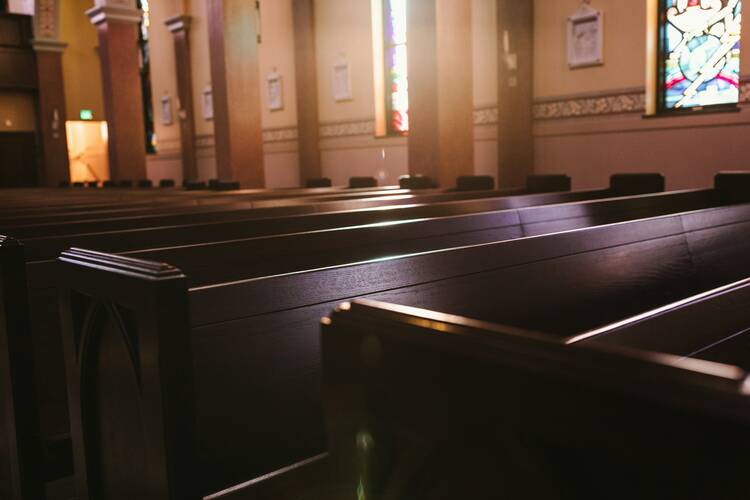A Reflection for Wednesday of the Thirty-first Week in Ordinary Time
Find today’s readings here.
Great crowds were traveling with Jesus,
and he turned and addressed them,
“If anyone comes to me without hating his father and mother,
wife and children, brothers and sisters,
and even his own life,
he cannot be my disciple.” (Lk 14:25-33)
This is one of my favorite passages from the Gospels.
Of the evangelists, I have always favored Luke. His is the longest and most detailed of the Gospels, not to mention that it is his Gospel that leads directly into the Acts of the Apostles. It’s cinematic in a way, like we get a direct sequel to the Gospels! Similarly, if we are to consider the Gospels cinematically, then Luke’s writing has some of Jesus’ most iconic lines, delivered with poetical directness. “Physician, cure yourself” is one. In the parable of the prodigal son (exclusive to Luke), he ends with: “We had to celebrate and be glad, because this brother of yours was dead and is alive again; he was lost and is found.”
In this passage from Luke, we hear another: “If anyone comes to me without hating his father and mother, wife and children, brothers and sister, and even his own life, he cannot be my disciple.” Incredibly cutting, isn’t it?
“Hate” is an interesting word for Jesus to use—we don’t often hear him encouraging people to hate each other, much less one’s own family. Indeed, as we all know, the Ten Commandments explicitly instructs Jews to honor their fathers and mothers. That Jesus seeks disciples from a crowd that has failed to uphold this commandment is, I think, incredibly telling.
Who among us has not quarreled with our parents? Who among us has not fought with our siblings, our friends, the people that we love in life? Who among us has not, at some point, thought themself inadequate or deficient?
I love this passage from Luke because I see myself so clearly in it. I am someone often dissatisfied with my own performance, whether in my professional life or social life or family life. I can lash out at times toward people who love and care about me. I make mistakes all the time. But it is those mistakes that help define us and learning from them is a powerful tool in understanding why the Gospel message is so important. It is us perfectly imperfect humans that are on the frontlines of the war that Jesus wages against our own demons.
He tells us not to be afraid of our faults, of our sins, of our inability to reach perfection. Instead, Jesus makes sure we know that the struggle to be better, falling and rising over and over again, is what forges our path to the Kingdom of Heaven.








